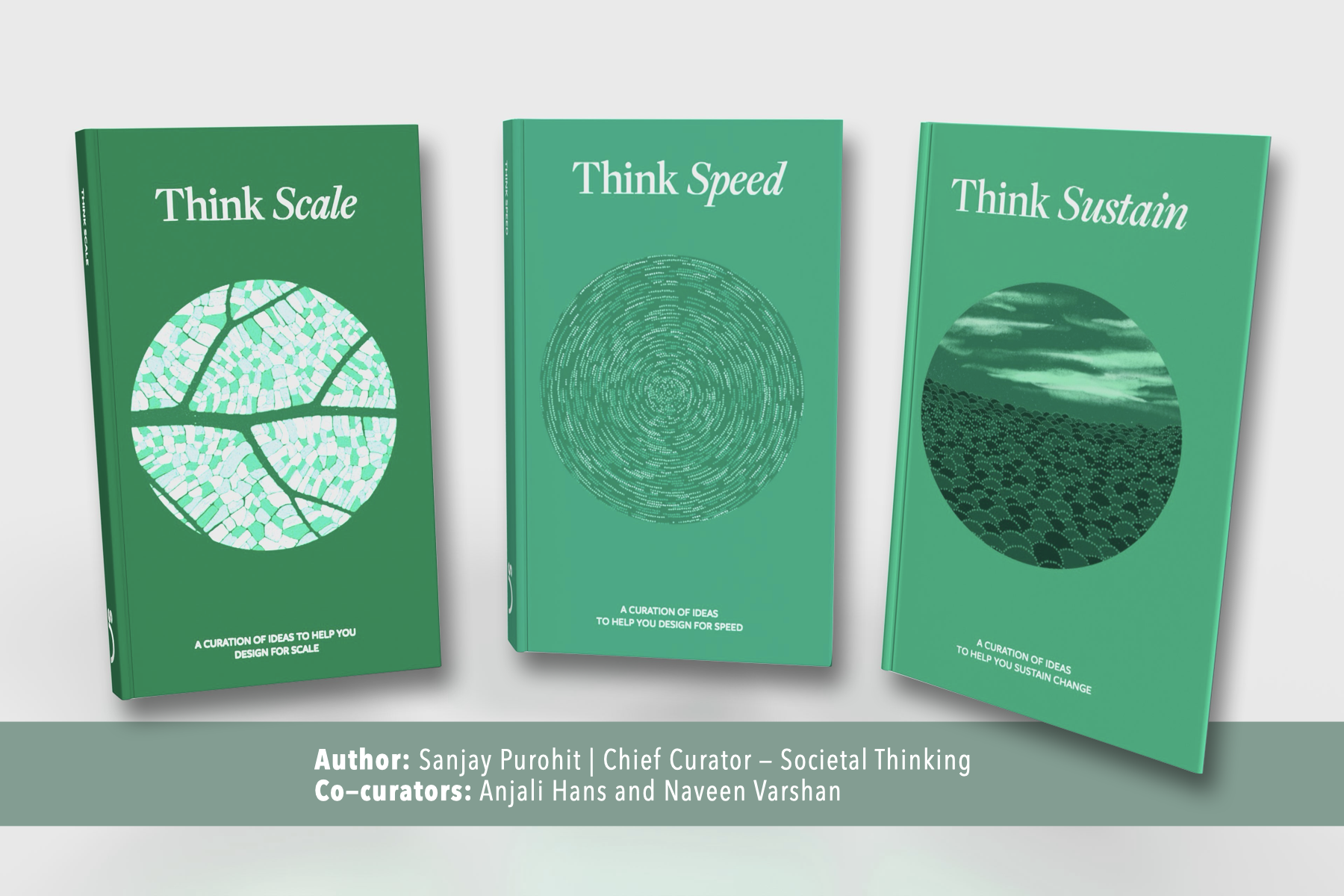“Speed is not just about moving fast; it’s about moving with purpose.”
Reading Think Speed has deeply resonated with me, particularly its exploration of how we navigate change. This blog draws inspiration from the book, where the idea that “everyone changes at their own pace” is a recurring theme that speaks to the heart of societal transformation.
In a world that often seems obsessed with speed and efficiency, it can be easy to feel out of sync if you don’t fit the mold of constant, rapid progress. As someone with ADHD, I’ve often felt this dissonance. My journey has been a testament to the idea that everyone changes at their own pace – a theme explored in the chapter “Everyone Changes at Their Own Pace” in the book Think Speed.
Growing up, I struggled with the typical expectations of linear progression. While my peers seemed to effortlessly glide through school, I found myself grappling with focus and organisation. One particular instance stands out from my high school years. I had a major History project due, and despite my best intentions, I found myself constantly distracted, unable to focus on the task at hand and procrastinating as a result. The night before the project was due, I was still scrambling to pull together my research and presentation. The stress and panic were overwhelming, and I ended up turning in a rushed, incomplete project.
This experience left me feeling frustrated and inadequate, as it seemed that no matter how hard I tried, I couldn’t keep up with my peers. It wasn’t that I lacked the ability or drive; my brain simply operated differently. This realisation was both liberating and challenging. On the one hand, it freed me from the tyranny of comparison. On the other, it demanded that I carve out my unique path, often slower and more winding than those around me.
Understanding and accepting my neurodivergence was a crucial step. It allowed me to appreciate the value of my unique perspective and the distinctive pace at which I operated. For instance, in my early career, I was tasked with leading a brainstorming session for a new project. Knowing that traditional linear thinking didn’t work well for me, I embraced my ability to think outside the box and encouraged the team to do the same. My unique perspective led to innovative ideas that wouldn’t have surfaced otherwise.
At Societal Thinking, we often encounter varying paces of change within communities, organisations, and individuals. Some embrace change rapidly, while others require more time. This disparity is not a weakness but a reflection of our unique journeys. Understanding and respecting these different rhythms is crucial for fostering inclusive and sustainable change.
In the journey towards scale, it’s important to recognize that small changes often occur at varying speeds before a transformation is fully realised. Take, for instance, the Unified Payments Interface (UPI) in India. Initially, smaller vendors and local businesses were hesitant to accept digital payments. The idea of using a smartphone for transactions was new and unfamiliar, and many were cautious about adopting this technology.
However, as time passed and the benefits of UPI became more evident, the pace of change varied across different sectors. Early adopters, like tech-savvy merchants and urban consumers, embraced the system quickly. Meanwhile, others – such as small vendors and hawkers – joined in later, at their own pace. Today, UPI is so widely accepted that even temples use it for donations, showing how diverse communities have gradually come on board over time.
As you delve into Think Speed, consider this: How can we design for speed without compromising the natural pace at which change occurs? How can we ensure that rapid adoption does not alienate those who need more time to adapt? These questions challenge us to rethink our approach to change, urging us to embrace both speed and patience.
To conclude, I leave you with a thought from another chapter of Think Speed: “Can we co-create environments where diverse paces of change are not only accepted but celebrated?”
You can read, download and share your Creative Commons copy of Think Speed here.
 Back
Back


